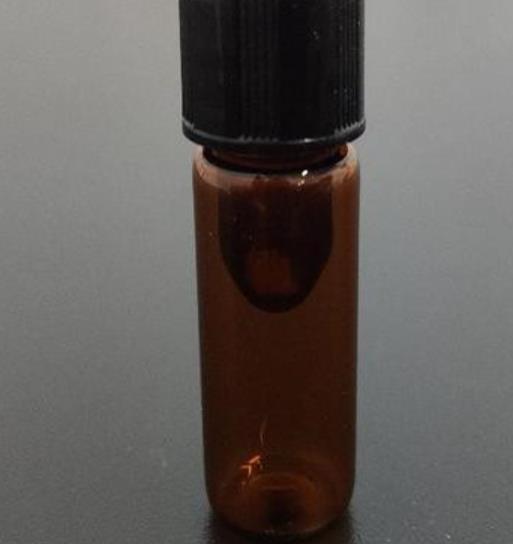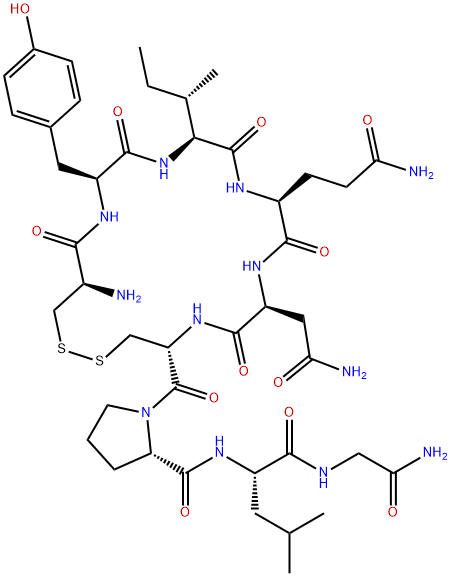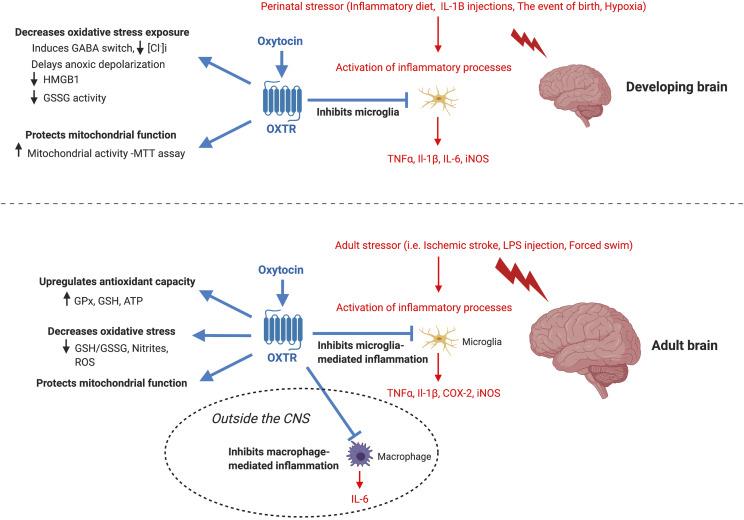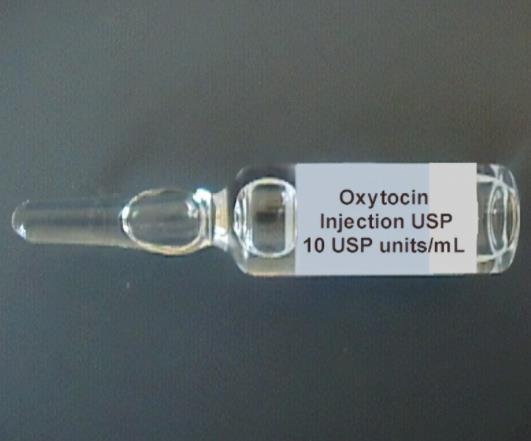Oxytocin: The Bonding Hormone That's More Than Just a "Love Hormone"
Introduction
Oxytocin (Oxt) is a nonapeptide hormone best known for its role in lactation and parturition. Since 1906 when its uterine-contracting properties were described until 50 years later when its sequence was elucidated, research has focused on its peripheral roles in reproduction. Only over the past several decades have researchers focused on what functions Oxt might have in the brain.
Immunohistochemical studies revealed that magnocellular neurons of the hypothalamic paraventricular and supraoptic nuclei are the neurons of origin for the Oxt released from the posterior pituitary. Smaller cells in various parts of the brain, as well as release from magnocellular dendrites, provide the Oxt responsible for modulating various behaviors at its only identified receptor.
Although Oxt is implicated in a variety of "non-social" behaviors, such as learning, anxiety, feeding and pain perception, it is Oxt’s roles in various social behaviors that have come to the fore recently. Oxt is important for social memory and attachment, sexual and maternal behavior, and aggression. Recent work implicates Oxt in human bonding and trust as well. Human disorders characterized by aberrant social interactions, such as autism and schizophrenia, may also involve Oxt expression. Many, if not most, of Oxt's functions, from social interactions (affiliation, aggression) and sexual behavior to eventual parturition, lactation and maternal behavior, may be viewed as specifically facilitating species propagation.1

Figure 1 Characteristics of Oxytocin
Increases Trust
Trust pervades human societies. Trust is indispensable in friendship, love, families and organizations, and plays a key role in economic exchange and politics. Little is known, however, about the biological basis of trust among humans. Researchers show that intranasal administration of oxytocin, a neuropeptide that plays a key role in social attachment and affiliation in non-human mammals, causes a substantial increase in trust among humans, thereby greatly increasing the benefits from social interactions. Results also show that the effect of oxytocin on trust is not due to a general increase in the readiness to bear risks. On the contrary, oxytocin specifically affects an individual’s willingness to accept social risks arising through interpersonal interactions.
These results concur with animal research suggesting an essential role for oxytocin as a biological basis of prosocial approach behaviour.2
Mechanism
The neurohypophysial peptide oxytocin (OT) and OT-like hormones facilitate reproduction in all vertebrates at several levels. The major site of OT gene expression is the magnocellular neurons of the hypothalamic paraventricular and supraoptic nuclei. In response to a variety of stimuli such as suckling, parturition, or certain kinds of stress, the processed OT peptide is released from the posterior pituitary into the systemic circulation. Such stimuli also lead to an intranuclear release of OT. Moreover, oxytocinergic neurons display widespread projections throughout the central nervous system.
However, OT is also synthesized in peripheral tissues, e.g., uterus, placenta, amnion, corpus luteum, testis, and heart. The OT receptor is a typical class IG protein-coupled receptor that is primarily coupled via Gq proteins to phospholipase C-b. The high-affinity receptor state requires both Mg21 and cholesterol, which probably function as allosteric modulators. The agonist-binding region of the receptor has been characterized by mutagenesis and molecular modeling and is different from the antagonist binding site. The function and physiological regulation of the oxytocin system is strongly steroid dependent.3
References:
[1] HEON-JIN LEE . Oxytocin: The great facilitator of life[J]. Progress in Neurobiology, 2009, 88 2: 89-152. DOI:10.1016/j.pneurobio.2009.04.001.[2] MICHAEL KOSFELD. Oxytocin increases trust in humans[J]. Nature, 2005, 435 7042. DOI:10.1038/nature03701.
[3] G. GIMPL F F. The oxytocin receptor system: structure, function, and regulation.[J]. Physiological reviews, 2001, 81 2 1: 629-683. DOI:10.1152/PHYSREV.2001.81.2.629.
You may like
Related articles And Qustion
See also
Lastest Price from Oxytocin manufacturers

US $5.00-20.00/box2025-06-04
- CAS:
- 50-56-6
- Min. Order:
- 1000box
- Purity:
- 99.76% HPLC
- Supply Ability:
- 20kgs/month

US $0.00/g2025-04-21
- CAS:
- 50-56-6
- Min. Order:
- 1g
- Purity:
- 93%-102%;EP/USP
- Supply Ability:
- 1000G





